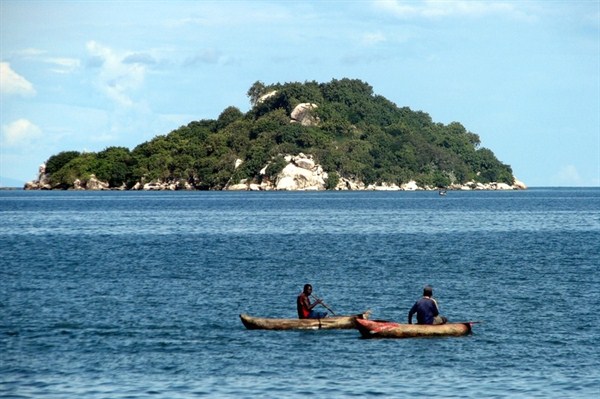Last month, Malawian President Peter Mutharika reaffirmed his country’s claim to Lake Malawi, also known as Lake Nyasa, fueling Malawi’s ongoing dispute with Tanzania over access rights to the lake. In an email interview, Aditi Lalbahadur, researcher at the South African Institute of International Affairs, discussed Malawi and Tanzania’s long and unresolved territorial fight.
WPR: What is the history of Malawi and Tanzania's competing claims to Lake Nyasa?
Aditi Lalbahadur: The border dispute between Malawi and Tanzania stems as far back as independence in these countries. Evidence suggests that the issue was raised in several parliamentary sessions in Tanzania and Malawi, with both countries endeavoring to resolve the dispute. However, this did not happen—partly as a consequence of the fact that both countries had other pressing developmental challenges to address and the border dispute did not pose a significant threat to either country. The dispute has flared up again because there is a possibility that there is oil under the lake. In 2012, the Malawian government awarded a prospecting license to British company, Surestream. This resulted in questions being asked by the Tanzanians if the Malawians had the right to do so, given the dispute about the border.

